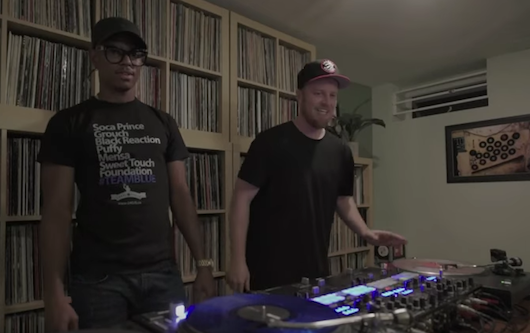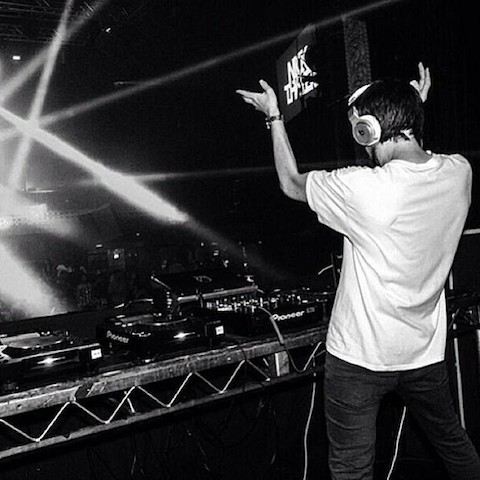
You’ve put in the work learning your craft. You’ve spent thousands on the best equipment you can afford. You’ve even played for free at friends’ functions to get some experience under your belt. There’s only one thing left to do now. It’s time to go pro.
Unless DJing is just a hobby for you, there comes a time when you need to start shooting for better gigs. You’re going to need to play better venues. Most of all, you’re going to need to make sure you start landing well paid gigs. There’s no way you’ll ever move your DJing from hobby to career status without earning enough money to see you through to the end of the month and beyond.
You might have been a starving artist while you were still perfecting your skills. Maybe you worked three jobs to pay for all your equipment. But, you’ve moved beyond that now, right?
There’s just one problem. What kind of gigs do you want to play, anyway? Once you start looking around, you’ll be surprised at the number and types of opportunities that exist out there. Talk to people; use social media; check out our marketing tips. Venues of all kinds are waiting to hire someone just like you.
A few words of warning: first, whatever you do, stay away from Craigslist. It’s just too hard to differentiate between legitimate offers and scams. Pay-to-play or bring-a-bunch-of-people-with-you deals don’t always work out in your favor, either. Hey, you’re the one providing a service – the music. It’s the club’s job to promote the event and sell tickets.
Keep an ear out for these opportunities instead:
Residency Gigs
These are ideal. Residency gigs are typically longterm, consistent in terms of hours and commitment, and you’re playing to a particular crowd. These gigs provide you with a great opportunity to keeping honing your skills.
Art Galleries and Museums
These venues hold regular events throughout the course of a year. Some even host monthly dance parties for their members.
Retail Outlets
Store owners are always looking for ways to bring more customers into their establishments. Hiring DJs to spin tunes that encourage customers to buy is the latest retail trend.
Open Houses
Everyone wants to be hip. The latest tendency among real estate agents who sell upscale properties is to have a DJ host the open house. Agents used to be happy with a house that smelled nice. Now it needs to sound great, too!
Charity Events
There’s nothing like good music to help attendees of a fundraising event part with their money. These gigs are not always paid. But, if you can work the crowd, you should be able to get referrals.
Sporting Events
Obviously, the Lakers already have a DJ working the Staples Center. But, there are a lot of smaller, local outfits who would really like to have a regular DJ excite the crowd at their games.
Busking
Once per year, transit authorities in most large cities hold auditions for entertainers of all stripes. Licenses are granted to the best performers, and soon enough you may find yourself entertaining the hoards of commuters moving through the train and bus stations every day.
Keep your eyes peeled, and you might find yourself standing face-to-face with an opportunity you never thought of. Whenever you’re at an event where there’s no music playing, ask yourself whether a DJ could improve the experience. If so, approach the organizers and lay out your plan. Sometimes, the difference between success and failure is all in how you approach it.
In every gig, whether it’s paid or not, be professional. Remember, you’re the expert. Even if the people in charge assure you that they know what they want, be prepared in case they actually don’t. A client may tell you he wants you to play EDM when, really, he wants you to play top 40. If you want to continue landing the types of gigs you’re interested in playing, you’ll need to make sure that you do your job well. Serve your customers’ needs, not your own … up to a point.
Especially when it comes to accepting unpaid work, you’re going to need to set limits. Working for free is great if you’re just starting out and you’re not well known. It’s also great if you are well known. Donating your time and talents for charity will always put you in a better light. But, you don’t want to do that all the time.
In any gig situation – paid or not – make sure you create a contract that lays out exactly the terms of your employment, any extras you’re willing to provide, and what you expect from your client. Then have the client sign it and pay you, at least partially, before you begin.
Over to you: What types of gigs do you love to play?









